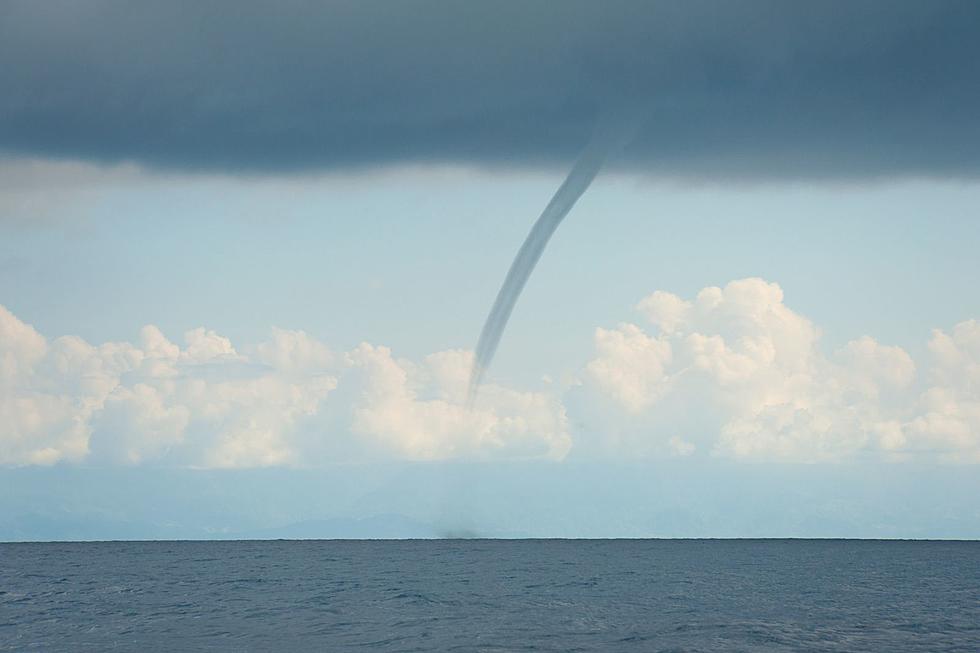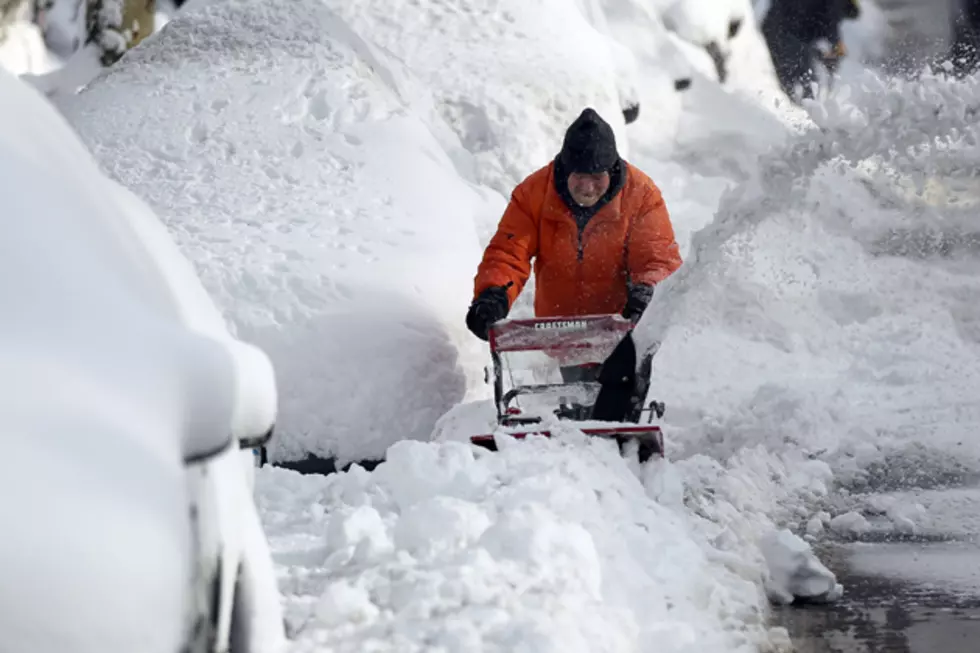
Study: Hurricanes With Female Names Are Deadlier
Would you be more likely to take safety precautions for a hurricane named Barry than one named Betty? A recent study published in the Proceedings of the National Academy of Sciences concludes that you would.
According to the study, hurricanes with female names have caused more deaths than hurricanes with male names because of gender biases and a perceived lower risk associated with feminine sounding names.
The study looks at hurricane data since 1950, even though hurricanes only started getting male names in 1979. The authors did not have enough data since 1979 to reach a statistically significant conclusion.
My first thought when I saw tweets about this study was skepticism. It sounds to me like a situation where someone had a hunch that female-named hurricanes had been more deadly, and then tried to shoehorn the data into reaching the conclusion for the purpose of publishing it in a report.
Furthermore, they then tied the finding to a theory about gender bias where feminine sounding names don't instill the same fear as male sounding names, and therefore people do not adequately prepare for the approaching storm. Boy, that's a lot of dots to connect!
Eric Holthaus at slate.com did a little digging on the research, and came up with some interesting findings of his own. For instance, when looking at the data since 1979, there is one storm, Sandy, that skews the data. If Sandy, which was given a 9 out of 11 on their masculinity-femininity index (11 is most feminine), is removed from the data, then the results actually favor male-named hurricanes causing more deaths than female-named storms since 1979.
Of course, it's already been determined that there is not enough data for statistical significance since 1979. What boggles my mind, is that Sandy was deemed very feminine. Have the authors never heard of Sandy Koufax? Heck, my oldest son is named Alessandro, and he's occasionally been referred to as Sandy - although we call him Alex.
There is more to the study than just the analysis of past storms. The researchers, none of whom were meteorologists or atmospheric scientists, also asked groups of volunteers to respond to questions about perceived risk of theoretical storms.
According to their data, the male-named storms were deemed more threatening than the female-named storms - even when the same storm attributes were assigned to the male-named storms as the female-named storms.
The study has faced a lot of criticism, and the authors have defended it. I think the authors actually hit the nail on the head in their response to some of the criticism:
We cannot claim (nor did we claim) that gendered naming is more important than the other factors that Lazo mentions. Those other factors certainly matter, as well. But that doesn’t mean we should ignore the apparent impact of the femininity of the names.
I think there are many larger factors that go into hurricane preparedness and perceived risk than the name of the storm. The dataset, while statistically significant, may just be a fluke.
More From WFHN-FM/FUN 107










